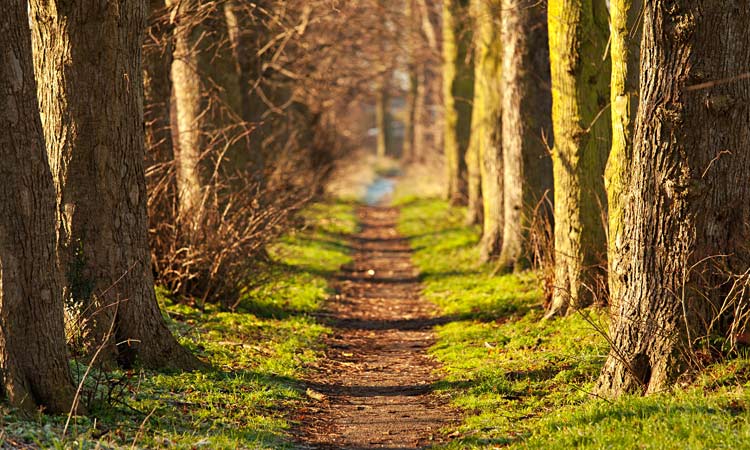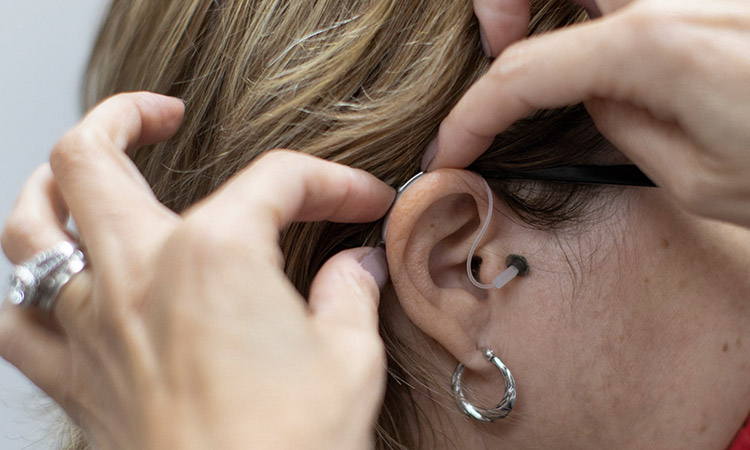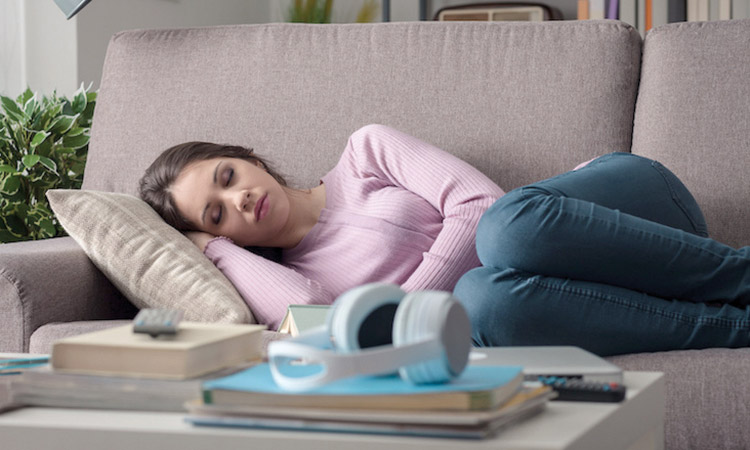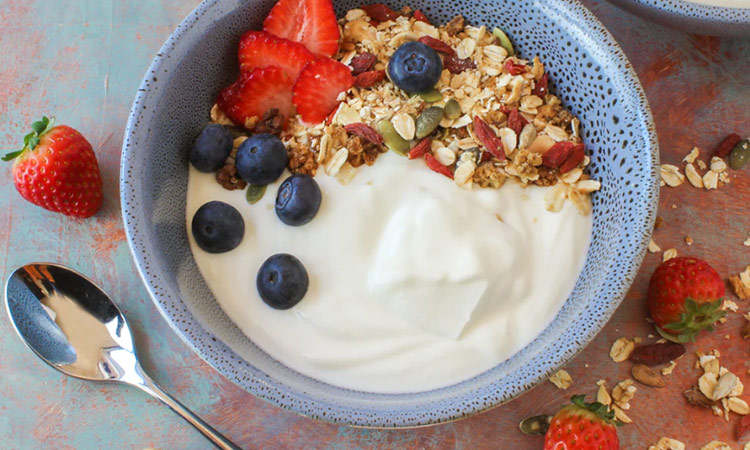Say goodbye to stress with a 20-minute walk in nature

Spending 20 to 30 minutes in nature was found to lower stress hormones. TNS
Najja Parker
If you’re feeling stressed, spending some time in nature might help, according to a new report.
Researchers from the University of Michigan recently conducted a study, published in Frontiers in Psychology, to determine the association between nature and stress hormone levels.
For the assessment, they asked a group of adults to take “nature pills,” or to spend some time either sitting or walking in nature. They were required to spend 10 minutes or more in nature at least three times a week for an eight-month period.
Once every two weeks, the scientists measured the participants’ levels of cortisol, a stress hormone, using saliva samples taken before and after a nature pill.
“Participants were free to choose the time of day, duration, and the place of their nature experience, which was defined as anywhere outside that in the opinion of the participant, made them feel like they’ve interacted with nature,” lead author Mary Carol Hunter explained in a statement. “There were a few constraints to minimise factors known to influence stress: take the nature pill in daylight, no aerobic exercise, and avoid the use of social media, internet, phone calls, conversations and reading.”
In addition to accommodating the subjects’ busy lifestyles, the team also factored in the natural drop in cortisol levels that can occur naturally throughout the day.
After analysing the results, they found having a 20-minute nature experience reduced cortisol levels. In fact, those who spent 20 to 30 minutes sitting or walking outside had the greatest decrease of cortisol levels.
“Our study shows that for the greatest payoff, in terms of efficiently lowering levels of the stress hormone cortisol, you should spend 20 to 30 minutes sitting or walking in a place that provides you with a sense of nature,” Hunter said.
The team said their findings provide the first estimates of how nature can impact our daily lives, and they hope healthcare providers take advantage of the evidence.
“Our experimental approach can be used as a tool to assess how age, gender, seasonality, physical ability and culture influences the effectiveness of nature experiences on well-being,” Hunter said. “This will allow customised nature pill prescriptions, as well as a deeper insight on how to design cities and wellbeing programs for the public.”
Tribune News Service






